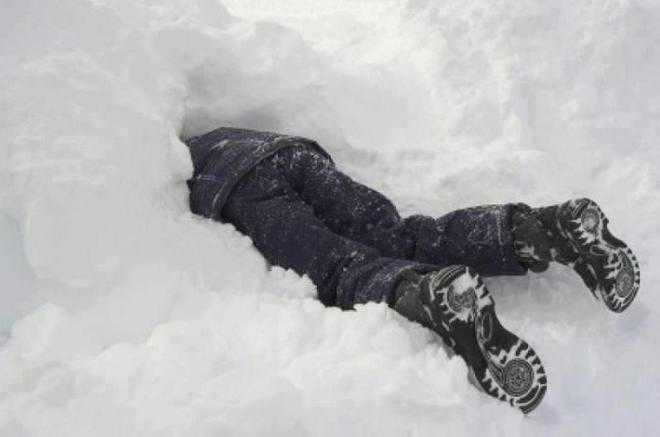
Vijay Mohan
Tribune News Service
Chandigarh, April 7
As soldiers battle the danger posed by increasing number of avalanches along the Himalayan frontier because of changing climatic pattern, a novel device integrated into their boots would enable them to send out distress signals at times when battery-powered gadgets become non-functional due to intense cold.
The Defence Research and Development Organisation (DRDO) is developing a boot containing a miniature electronic signal emitter that can be charged from an electric current generated by moving or tapping the feet.
“The technology to generate electric current capable to charge small devices like a transmitter or a mobile phone from the pressure applied on soles of shoes while walking has already been developed by DRDO. This would now be adapted to develop rescue devices,” a scientist said.
The project would be taken up by the Defence Bio-engineering and Electro-medical Laboratory, which is associated with protective and life support equipment, biomedical devices and systems specific to service combatants.
DRDO scientists said in extreme cold climate, conventional batteries go dead very quickly, leaving vital equipment without a power source. “By simply tapping his foot or using his hands, a trapped soldier can continue sending out distress signals to pinpoint his location in situations where battery would otherwise have discharged. The presence or absence of a signal can also provide a clue about the physical state of the individual,” the scientist said.
Climatic changes and variation in precipitation and temperatures have also led the Army to take a relook at its static locations and operating procedures in snowbound areas. Many areas earlier considered safe are now prone to avalanches because late setting and shorter winters have led to temperature variations that do not allow snow to harden and stabilise.
Temperature variation
- Areas earlier termed safe are now prone to avalanches
- Shorter winters have led to temp variations, which don’t allow snow to harden. Data shows there’s been 20% rise in avalanches over past 5 years
- Temperature variations have been as high as 13°C
Charge it by tapping feet
- The DRDO is developing a boot containing a miniature electronic signal emitter that can be charged with current generated by moving or tapping the feet
- Scientists said in extreme cold climate, conventional batteries go dead quickly, leaving vital equipment without a power source



























